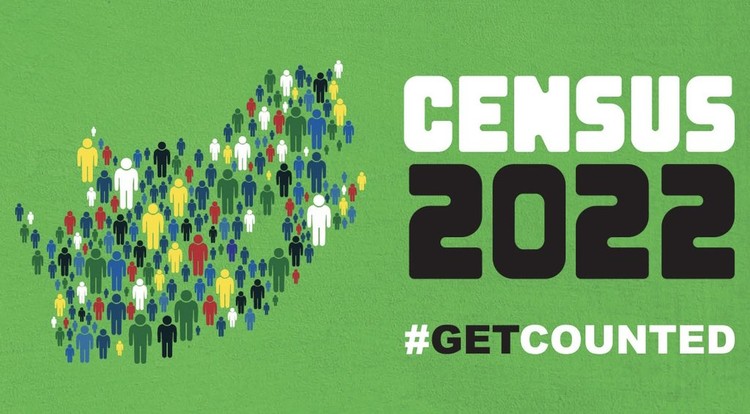
3 December 2024
Image taken from SA government website (CC0 1.0 Universal Public Domain Dedication).
The much criticised 2022 census cost R4-billion to conduct, Minister in the Presidency Khumbudzo Ntshavheni has revealed in Parliament. The previous census in 2011 cost about R2-billion.
The recent census saw an undercount of 31%. According to University of Cape Town demographer Professor Tom Moultrie, “This is the highest undercount ever recorded by the United Nations Population Division among censuses that have estimated their undercount.”
He says that the undercount is partly because of the unique complications caused by running a census in the middle of the Covid-19 pandemic.
Moultrie co-wrote a report in July for the Medical Research Council that describes the census results as “incoherent and implausible”.
He is concerned that the Post-Enumeration Survey (PES), which is used to adjust the census data for the undercount, likely used too small a sample size.
The consequences of this include a potential over-calculation of the population by one million people and the incorrect adjustment of data at district and municipality level, which might impact resource allocation to local governments.
StatsSA has also announced that census data related to income, employment, fertility and mortality would not be released. This, Moultrie says, “adds to our concerns about the fitness for purpose of the census. Certainly, this absence of data impedes careful analysis and assessment of the census data.”
Moultrie calls for a “substantive and meaningful dialogue” on the census data and “a full appreciation of the limitations and deficiencies of the census” before the 2031 census.
StatsSA, which is responsible for the census, has stood by the census results. In a statement, StatsSA called Moultrie’s report “unfounded and misleading”. It said that the census has been validated by the Statistics Council, consisting of “statistical experts”.
Moultrie says there is little transparency around the decision made by the Statistics Council. “They pronounced on the fitness for purpose of the census having engaged other, unnamed parties to opine thereon. The reports provided to the Council to make their decision are not in the public domain,” he says.
The lack of transparency and withholding of some data means researchers are unable to assess the Census data and its usefulness. Moultrie says StatsSA has not responded properly or in detail to the concerns he has raised.
Minster Ntshavheni, responding to a question about the cost of the census from ActionSA MP Tebogo Letlape, said that “although the census faced challenges and setbacks, it cannot be deemed a ‘disastrous’ census or a significant failure”.
“The absence of census data would have been far more detrimental, leaving a gap in the data needed for planning and resource allocation through 2031.”
Ntshaveni said that the undercount was caused by people refusing to be counted, or because people were not home. She blamed Covid-19 for leaving people with low trust in the government.
The introduction of telephonic and web-based counting was not successful. “The public did not widely embrace or use these alternative methods … As a result, collection numbers from these methods remained low,” Ntshavheni said.
See also: Census 2022 results are “incoherent and implausible”